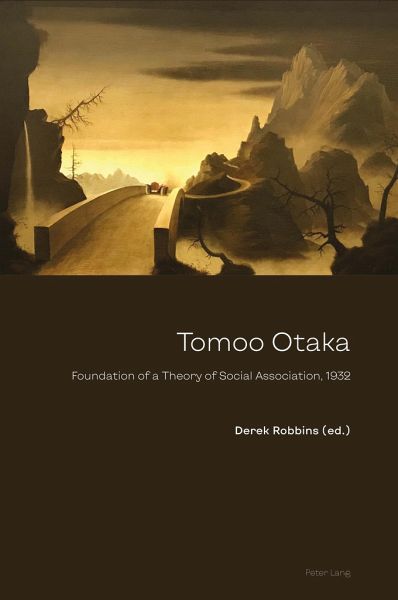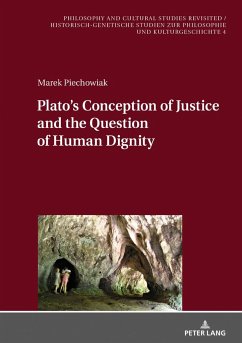
Tomoo Otaka
Foundation of a theory of social association, 1932
Herausgegeben: Robbins, Derek
Versandkostenfrei!
Versandfertig in 6-10 Tagen
52,95 €
inkl. MwSt.
Weitere Ausgaben:

PAYBACK Punkte
0 °P sammeln!
Tomoo Otaka (1899-1956) studied philosophy at the University of Kyoto in the mid-1920s. The Grundlegung der Lehre vom sozialen Verband [Foundation of a theory of social association] was the product of a three-year European visit (1929-1932) in which he studied in Vienna with Hans Kelsen and in Freiburg with Edmund Husserl.Otaka deployed Husserl's theory of knowledge to criticise the work of various contemporary German sociologists, arguing that there was a need to reframe social scientifi c research. He also criticised Kelsen's pure law theory, presenting a different view of the nature and fun...
Tomoo Otaka (1899-1956) studied philosophy at the University of Kyoto in the mid-1920s. The Grundlegung der Lehre vom sozialen Verband [Foundation of a theory of social association] was the product of a three-year European visit (1929-1932) in which he studied in Vienna with Hans Kelsen and in Freiburg with Edmund Husserl.
Otaka deployed Husserl's theory of knowledge to criticise the work of various contemporary German sociologists, arguing that there was a need to reframe social scientifi c research. He also criticised Kelsen's pure law theory, presenting a different view of the nature and function of law within and between nation states. He promoted an ontological science of society, but his book offered a philosophy of social science without applying that science to itself.
In his Introduction to his translation, Derek Robbins (author of The Bourdieu paradigm, 2019) suggests that assessing Otaka's text and its context contributes to an understanding of the development of Bourdieu's conceptual apparatus. In turn, the application of Bourdieu's thinking to Otaka's theory generates the refl exivity which it requires but did not offer.
The volume comprises three Parts: an Introduction, the translated text, and a collection of commentaries from four international scholars who offer invaluable insights into Otaka's work from different perspectives.
Otaka deployed Husserl's theory of knowledge to criticise the work of various contemporary German sociologists, arguing that there was a need to reframe social scientifi c research. He also criticised Kelsen's pure law theory, presenting a different view of the nature and function of law within and between nation states. He promoted an ontological science of society, but his book offered a philosophy of social science without applying that science to itself.
In his Introduction to his translation, Derek Robbins (author of The Bourdieu paradigm, 2019) suggests that assessing Otaka's text and its context contributes to an understanding of the development of Bourdieu's conceptual apparatus. In turn, the application of Bourdieu's thinking to Otaka's theory generates the refl exivity which it requires but did not offer.
The volume comprises three Parts: an Introduction, the translated text, and a collection of commentaries from four international scholars who offer invaluable insights into Otaka's work from different perspectives.













